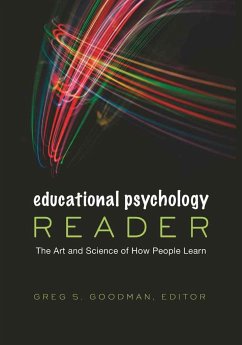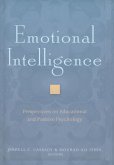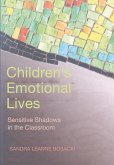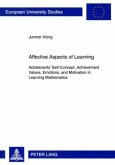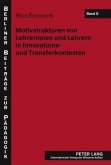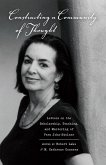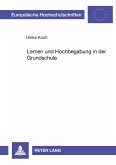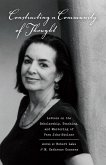Educational Psychology Reader: The Art and Science of How People Learn is a collage of educational psychology's specializations and research-based reflections. As a discipline, educational psychology is reinventing itself from its early and almost exclusive identification with psychometrics and taxonomy-styled classifications to a dynamic and multicultural collection of conversations concerning language acquisition, socially mediated learning, diverse learning modalities, motivation, the affective domain, brain-based learning, the role of ecology in increasing achievement, and many other complimentary dimensions of how people learn. Many of the top names in the field are included in this volume, providing daunting evidence of the range and intellectual rigor of the field of educational psychology at this historic juncture. This book is ideal for adoption in a variety of undergraduate and graduate-level classrooms. It will also prove to be an invaluable reference book for library collections.
«The possibilities are endless. This unique volume offers a broad perspective on the numerous complexities of current educational climate. As well, many of the chapters focus on specific school-based and classroom-based issues. The book offers sweeping horizons on some traditional and some less traditional educational psychological topics including constructivist and postformalist perspectives, behaviorism, Piaget and Vygotsky, Paulo Freire's legacies, motivation, assessment, teacher education, and complex ecologies. From the theoretical to the practical the book offers educational psychologists and other educational thinkers an array of lenses on the educational intricacies present at the turn of the 21st century. The book is a testament to the enduring issues addressed by educational psychologists and to the ever-changing, ever-developing matrix of the psychological, the educational, the social, the theoretical, the practical, and the political. What is most inspiring for me asa pragmatically-based thinker is the numerous manifestations that educational psychology can take, demonstrations of the art, and the science of new questions, new possibilities.» (David R. Holliway, Assistant Professor of Educational Research, Department of Educational Leadership and Counseling Psychology, Washington State University Tri-Cities)
«In this collection of new research and reflection on the field of educational psychology, editor Goodman has assembled some of the best international scholars. The diversity of contributors, from Carol Lee to Jianping Shen and from Suzanne Gallagher to Floyd Beachum, attests to the positive effects of multicultural and critical race theories upon the field of educational psychology. For those ready to implement authentic and informed changes in their schools, a welcome and refreshing re-examination of how people learn is revealed in 'Educational Psychology Reader'.» (Antwi Akom, Professor, San Francisco State University)
«'Educational Psychology Reader' extends Freire's critical pedagogical perspective into a field that has been held hostage by rubrics of assessment elitism and formalist logics since its inception. Combining the art and science of this field into a unified and protagonistic voice for liberatory learning gives educational psychology a new life and identity based upon relevance and inclusion.» (Peter McLaren, Professor, Graduate School of Education and Information Studies, University of California, Los Angeles)
«In this collection of new research and reflection on the field of educational psychology, editor Goodman has assembled some of the best international scholars. The diversity of contributors, from Carol Lee to Jianping Shen and from Suzanne Gallagher to Floyd Beachum, attests to the positive effects of multicultural and critical race theories upon the field of educational psychology. For those ready to implement authentic and informed changes in their schools, a welcome and refreshing re-examination of how people learn is revealed in 'Educational Psychology Reader'.» (Antwi Akom, Professor, San Francisco State University)
«'Educational Psychology Reader' extends Freire's critical pedagogical perspective into a field that has been held hostage by rubrics of assessment elitism and formalist logics since its inception. Combining the art and science of this field into a unified and protagonistic voice for liberatory learning gives educational psychology a new life and identity based upon relevance and inclusion.» (Peter McLaren, Professor, Graduate School of Education and Information Studies, University of California, Los Angeles)

